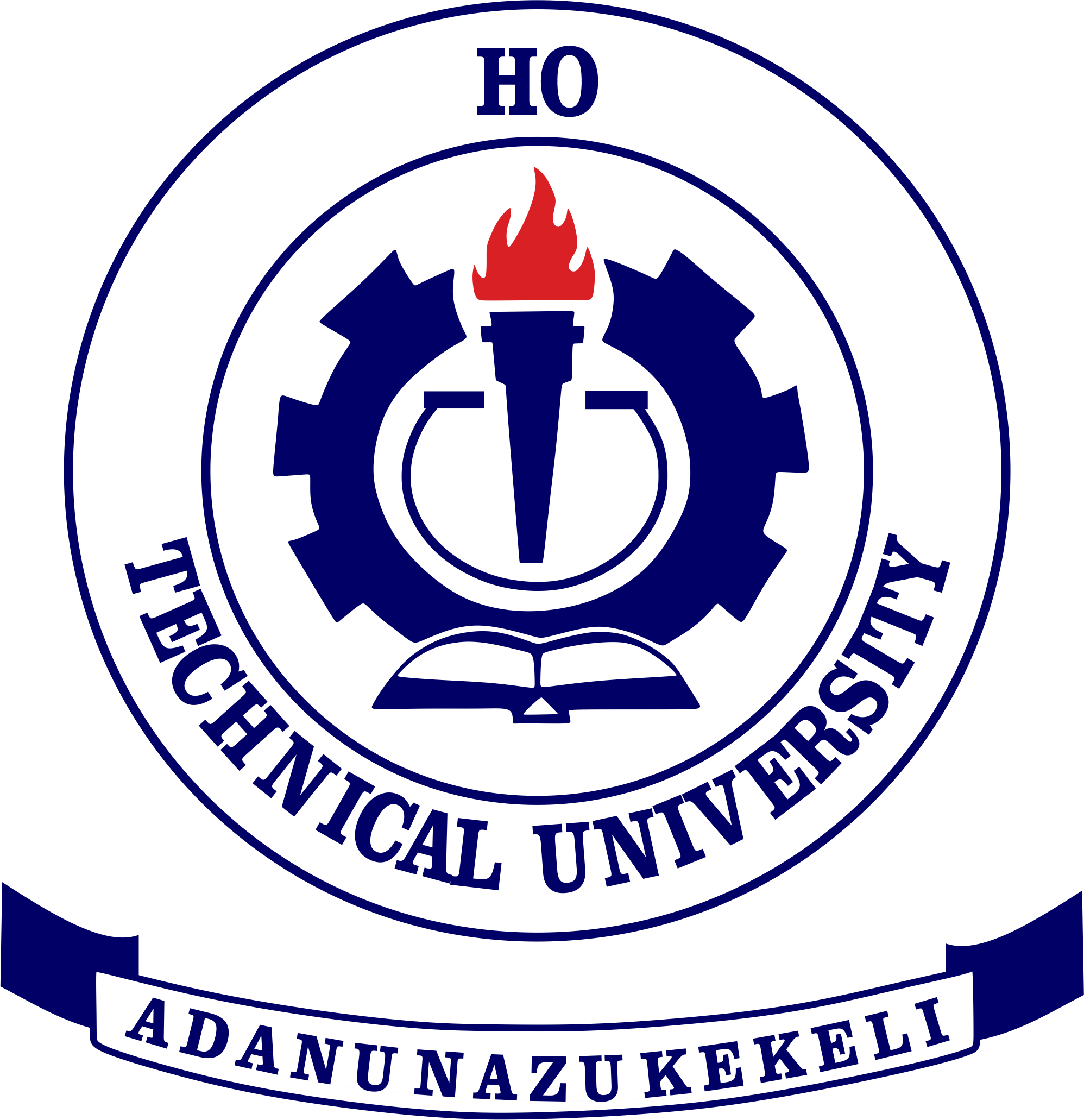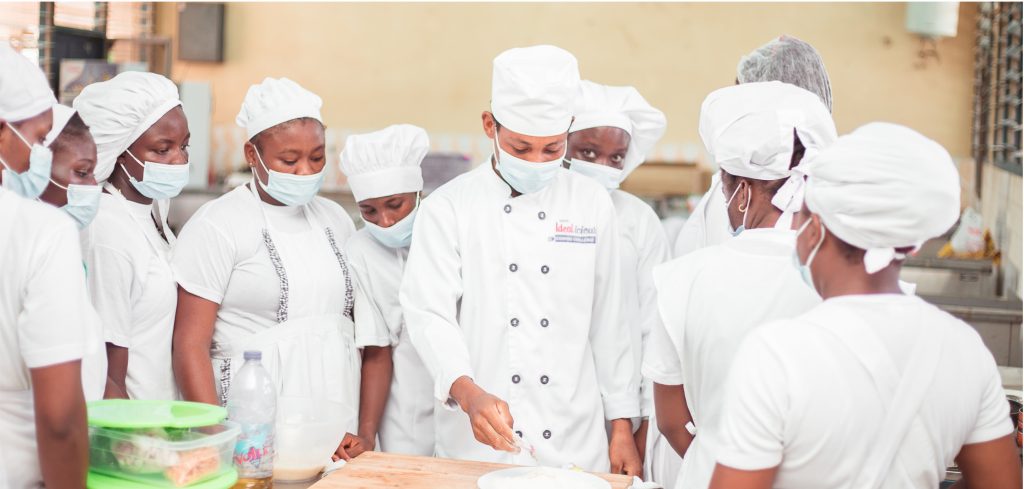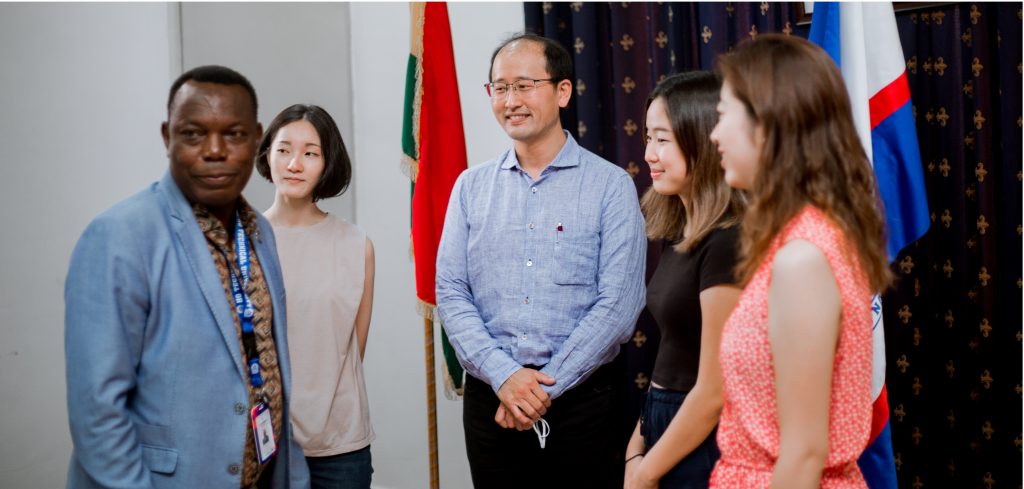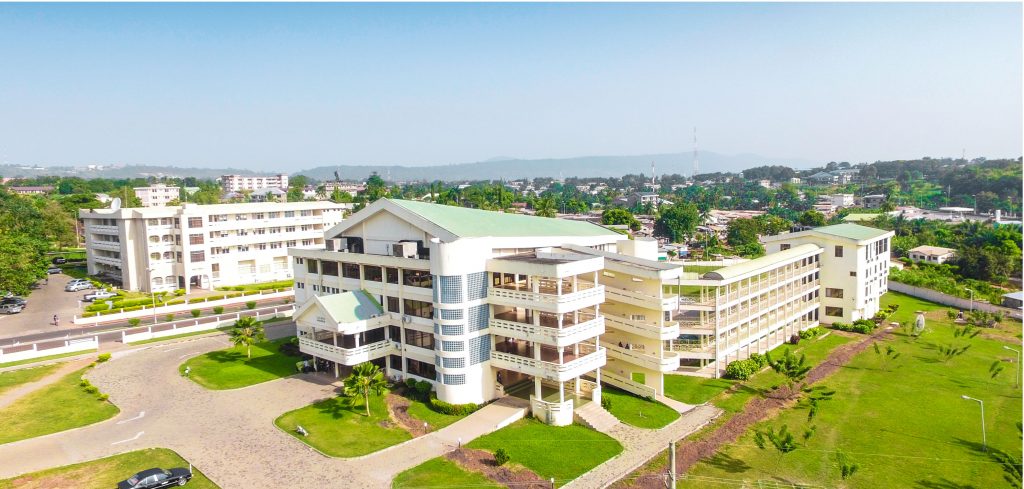Two keynote speakers at the Food, Agriculture, Technology and Sustainability (FATAS) Conference at Ho Technical University have made strong calls for Africa to embrace science, innovation, and indigenous food systems in tackling hunger and malnutrition.
Speaking at the two-day conference, held under the theme “Rethinking the Future of Food and Its Allied Systems in an Era of Sustainability and Circularity,” Prof. Eric Yirenkyi Danquah,Professor of Plants Genetic at the University of Ghana, urged African leaders to adopt bold, science-based agricultural policies. He warned that hunger is rising even as Africa’s population grows rapidly, projecting that “one in four people globally will be African by 2050.”
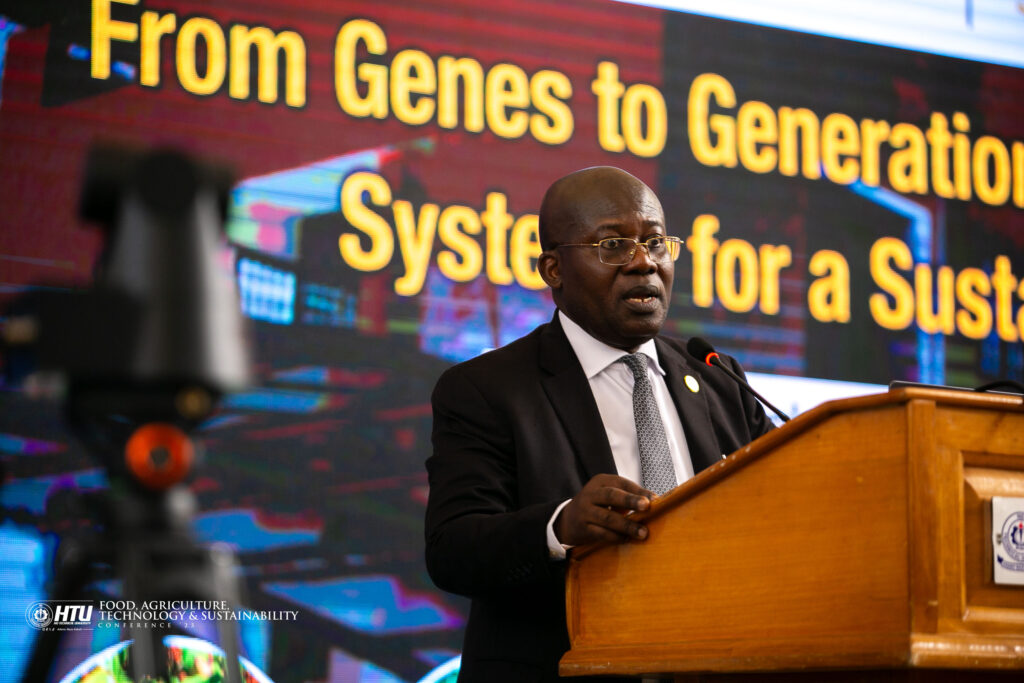
Prof. Danquah lamented that the continent contributes only 2 percent of global research output and invests inadequately in science and technology. “We don’t eat potential,” he stressed, calling for heavy investment in plant breeding, research, and climate-resilient crops. He further cautioned that African universities remain underfunded, limiting their ability to drive innovation, and called for stronger public-private partnerships to move ideas from laboratories into industries to create jobs and accelerate development.
On her part, Prof. (Mrs.) Ibok Nsa Oduro, a Post-Harvest Technology expert from the Kwame Nkrumah University of Science and Technology (KNUST), described Ghana’s food system as paradoxical — showing progress yet recording alarming levels of food insecurity. She revealed that 3.2 million Ghanaians face food insecurity, while the nation grapples with a triple burden of malnutrition: undernutrition, micronutrient deficiency, and overnutrition.
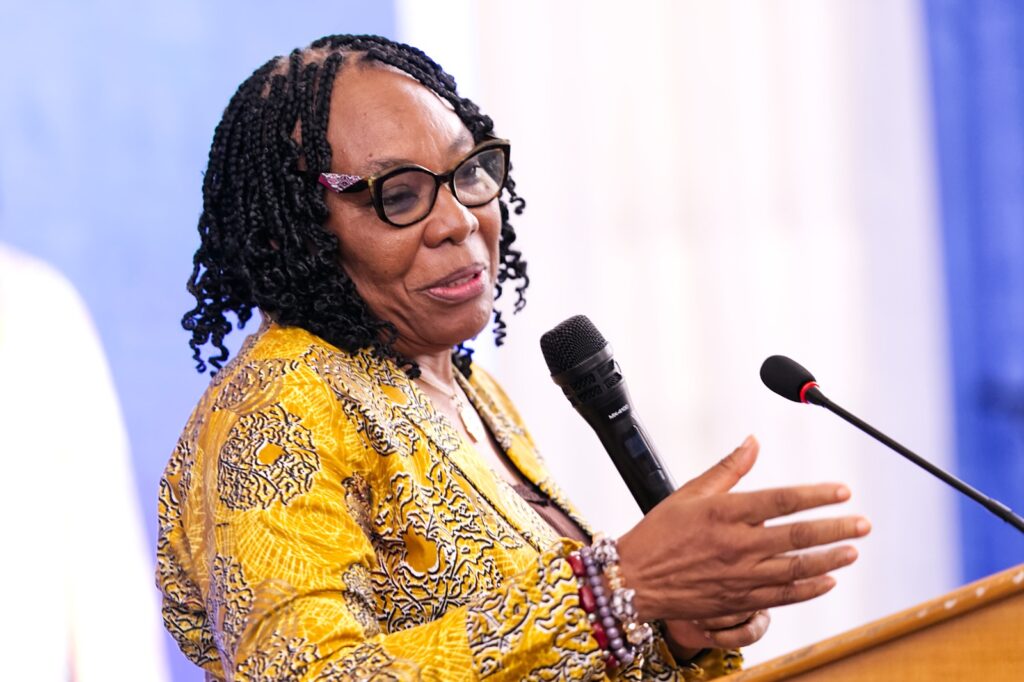
Prof. Oduro lamented persistent post-harvest losses that have remained unchanged for decades, leading to wasted food, income loss, and reduced economic opportunities. She underscored the need for improved infrastructure, alignment with the African Union’s Agenda 2063, and renewed trust in Ghana’s local food systems. Encouraging young innovators, she cited emerging breakthroughs such as the use of sweet potato in beverage production as examples of how indigenous crops can be reimagined for modern markets.
Both keynote speakers converged on the need for African universities to evolve into innovation hubs that bridge science, industry, and society, ensuring that research translates into practical solutions for communities.
Among the dignitaries present were the Minister for Food and Agriculture, Hon. Eric Opoku, who served as Guest of Honour; the Volta Regional Minister, Hon. James Gunu; and the Executive Director of the Ghana Circular Economy Centre, Mr. Joseph Kombate. Their presence underscored the importance of the conference as a platform for policy dialogue and collaborative action.
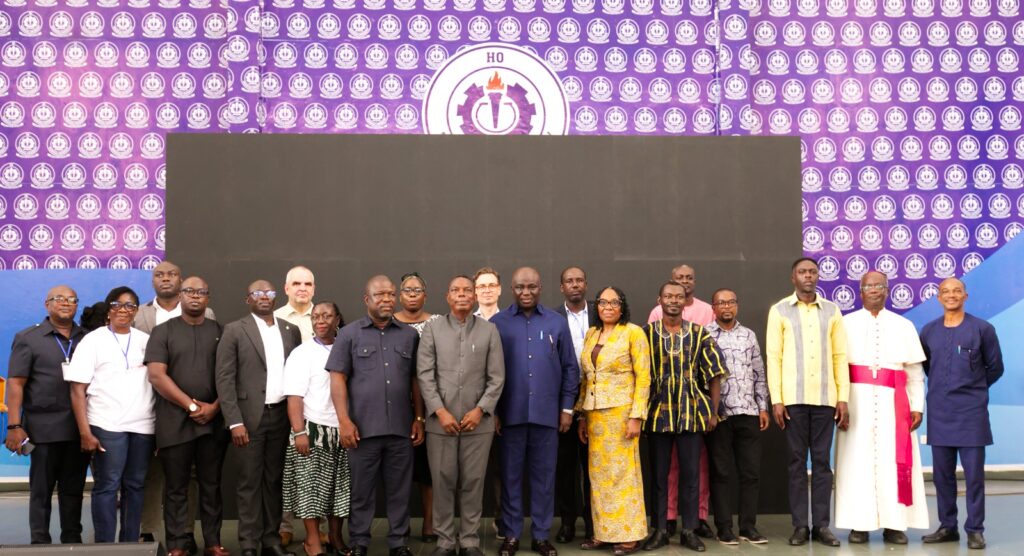
The two-day event brought together policymakers, researchers, academics, industry stakeholders, and students, reaffirming Ho Technical University’s role as a convening hub for dialogue and innovation in agriculture, technology, and sustainability.

